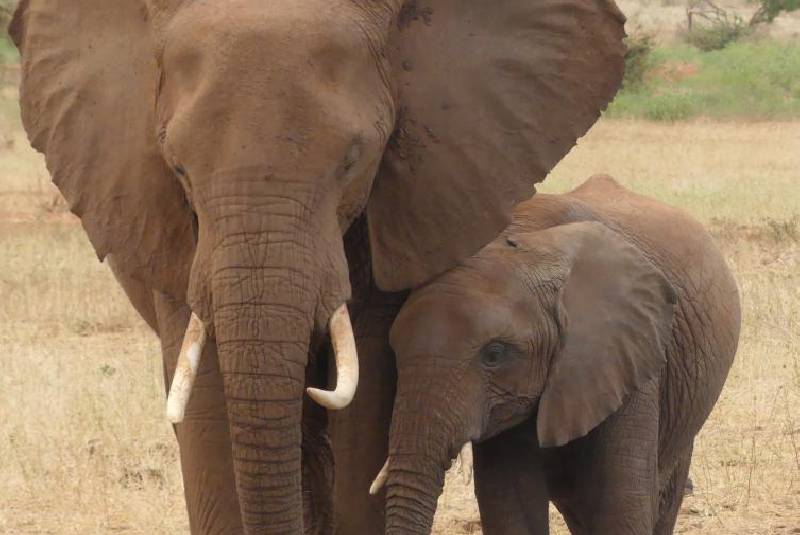×
The Standard e-Paper
Stay Informed, Even Offline

A performance audit report assessing the effectiveness of measures put in place by KWS shows service is yet to pay out compensation worth Sh2.2 billion. [Photo, Standard]
A performance audit report assessing the effectiveness of measures put in place by the Kenya Wildlife Service in protecting wildlife has revealed that the service is yet to pay out compensation amounting to Sh 2.2 billion for injury and deaths.